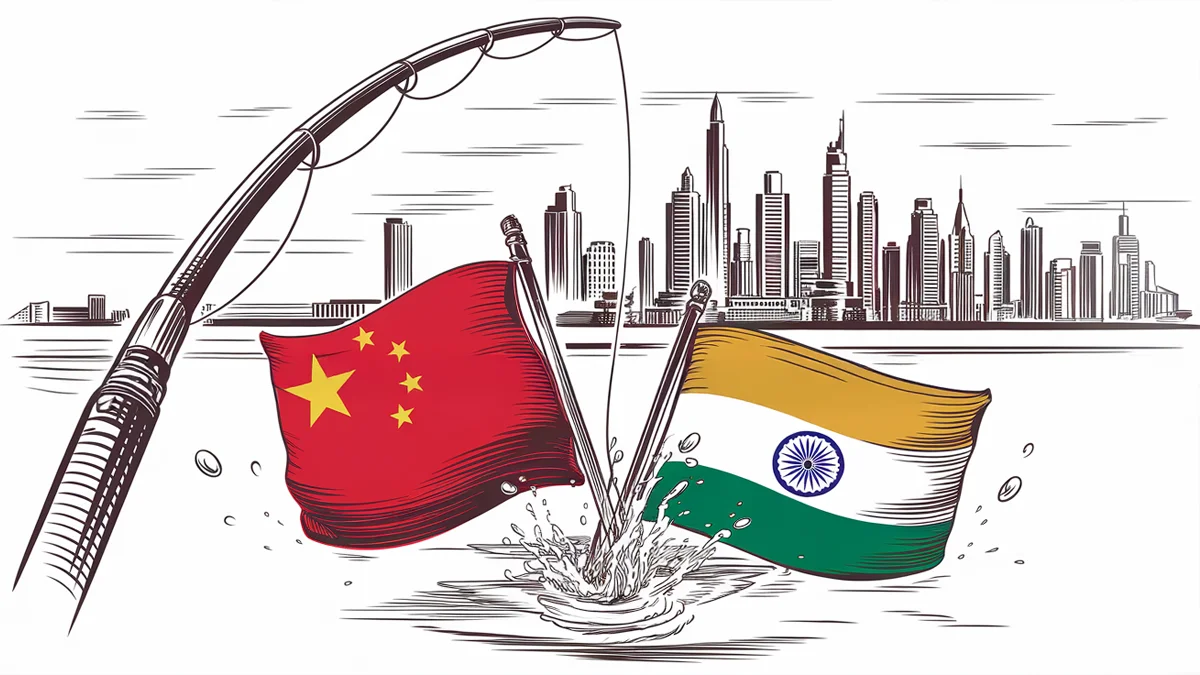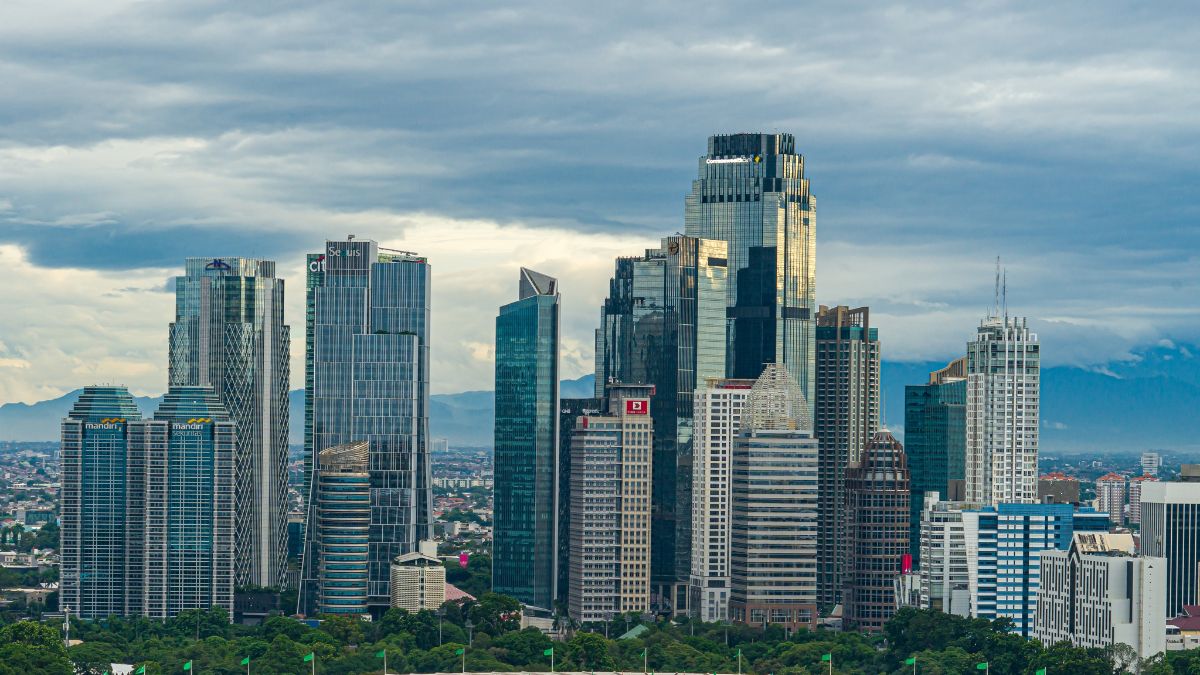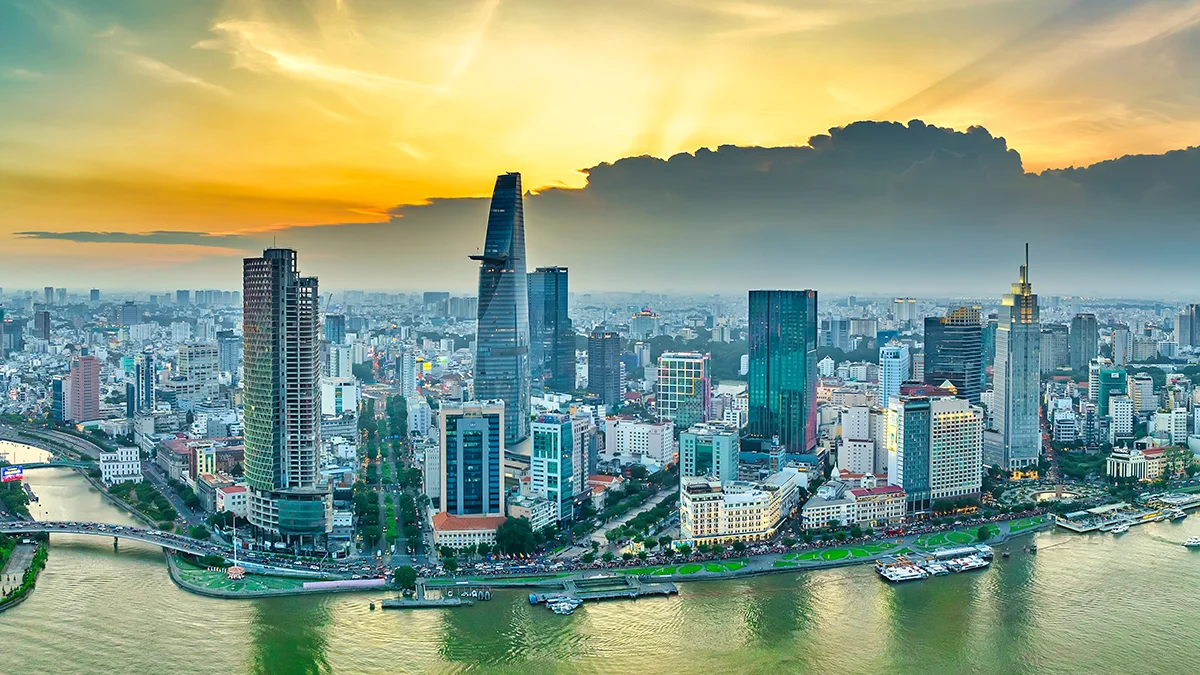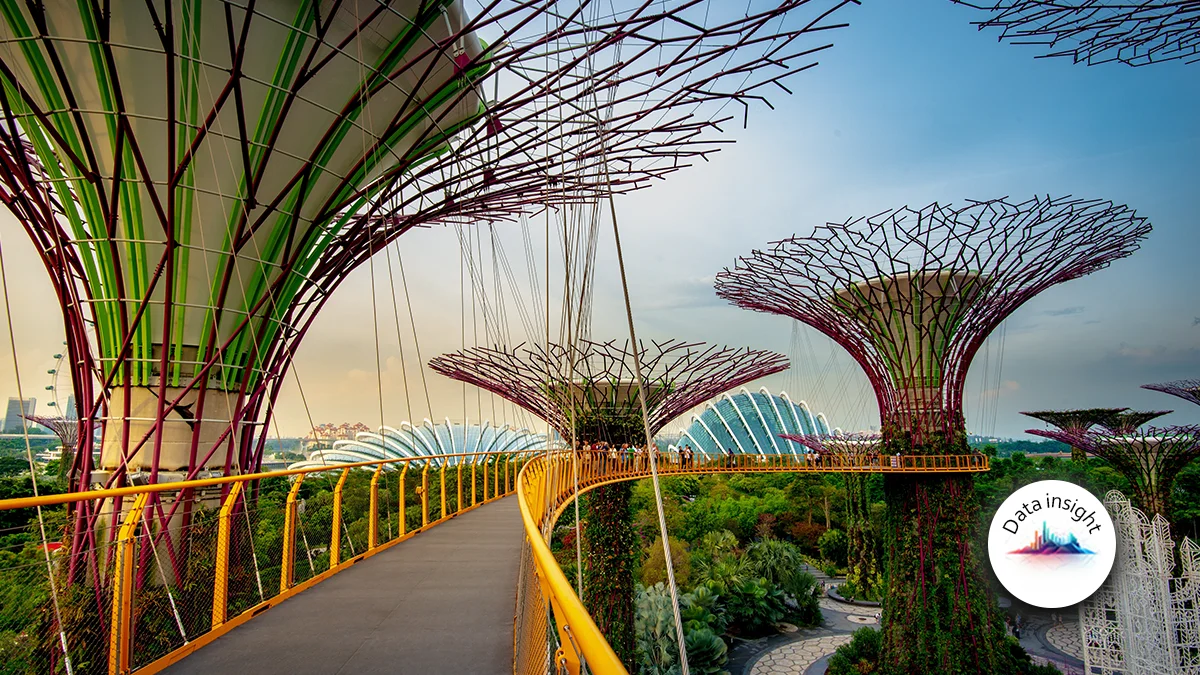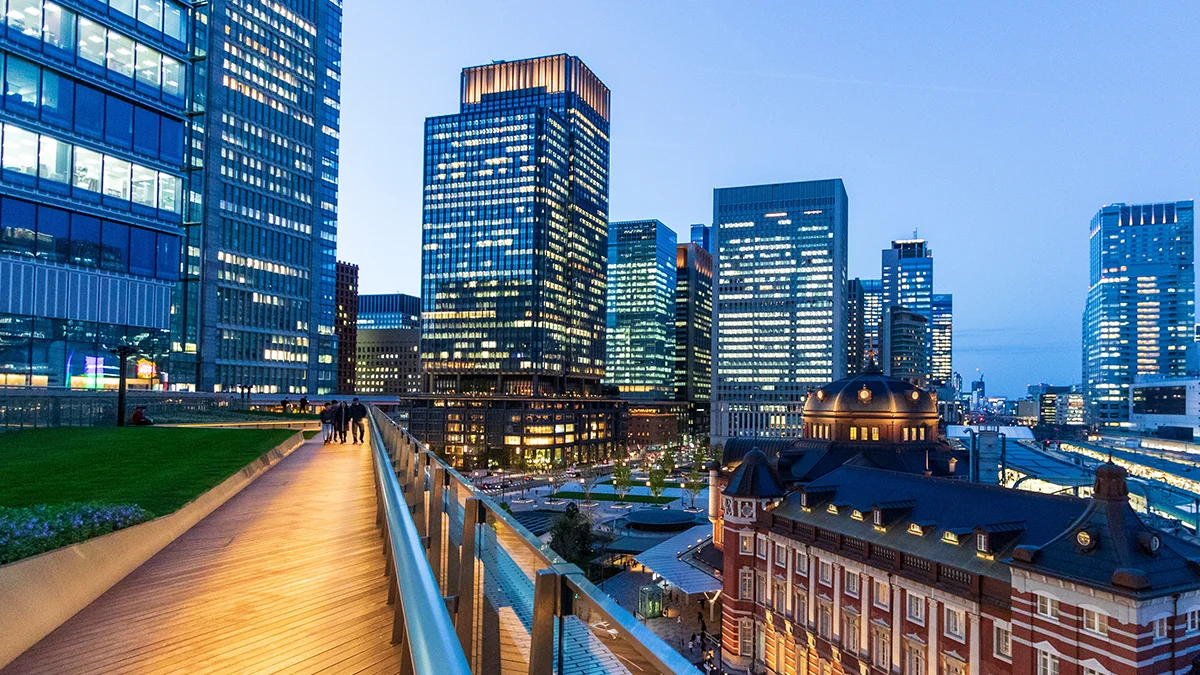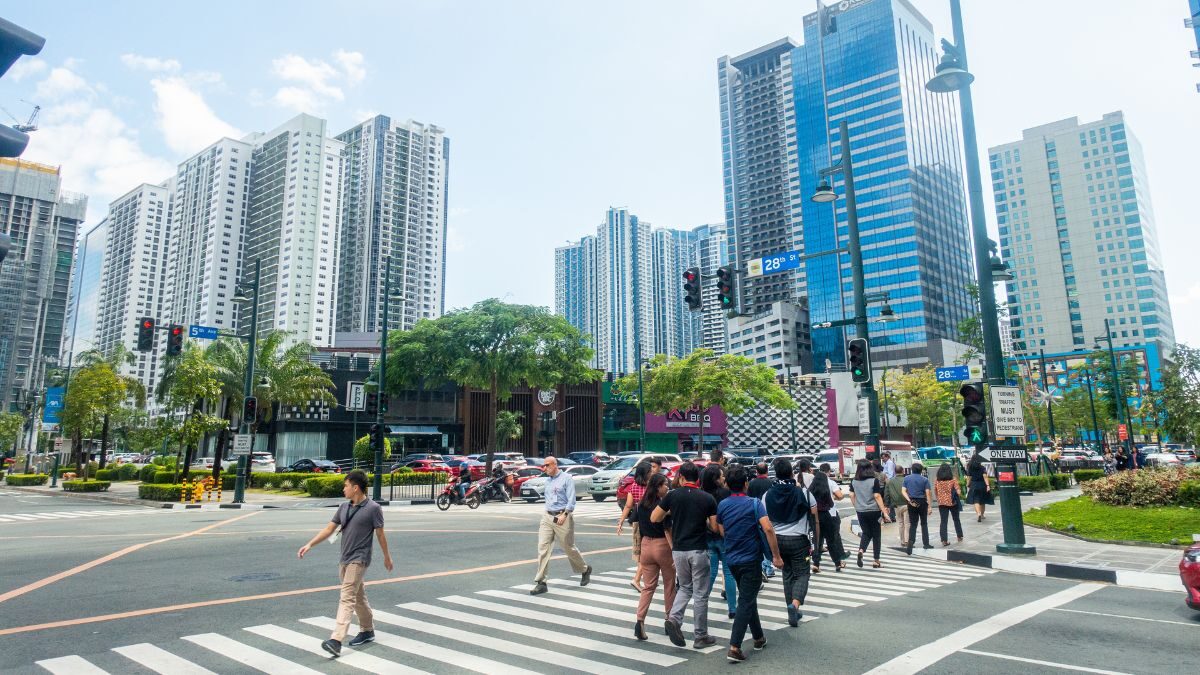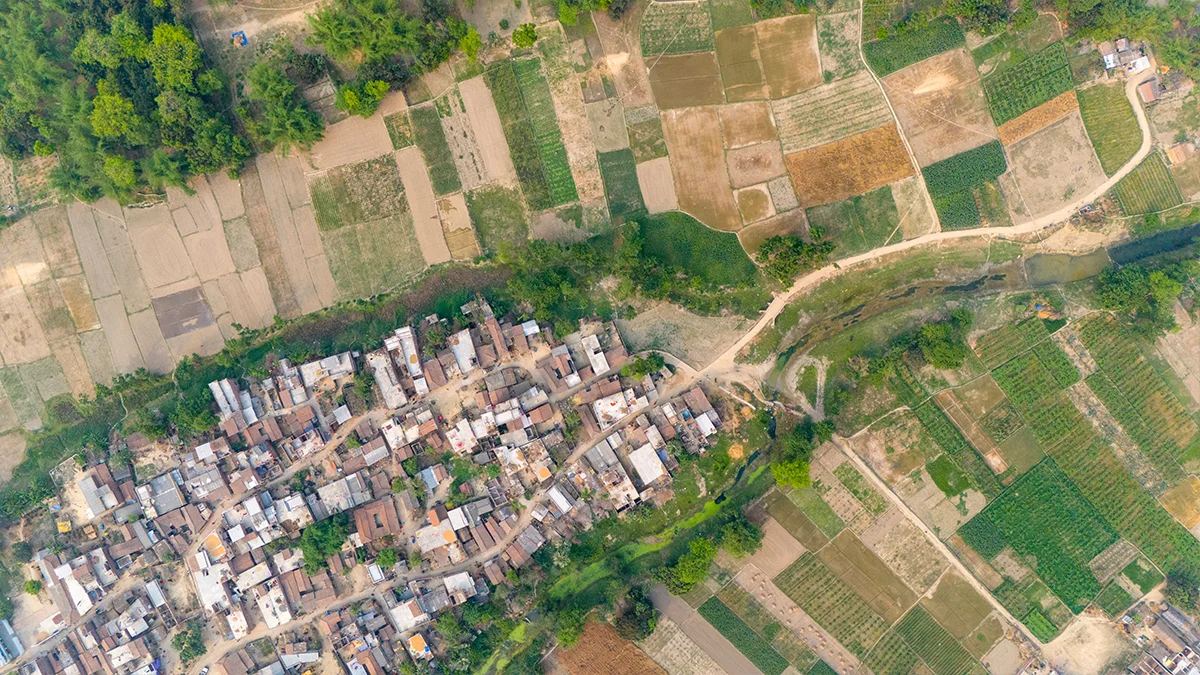(Re)in Summary
• Dubai’s International Financial Centre is marketing itself as a good place for (re)insurers in APAC to do business.
• Many (re)insurers and brokers from China and India are launching in the region as the UAE attracts record numbers of high-net-worth individuals.
• This year has seen Chinese firms win a large number of big-ticket contracts in the Middle East. Such projects will need to be insured.
• However, it may take more than friendly laws and strong infrastructure for a structural shift of the (re)insurance market.
Having seen record growth in underwriting volumes this year, Dubai’s International Financial Centre (DIFC) has its eyes firmly set on (re)insurance business from two key Asian jurisdictions: China and India. But can it compete with other leading (re)insurance hubs?
“As a jurisdiction that is benchmarked against leading regulatory environments including London, Bermuda, and Hong Kong, DIFC’s ecosystem inspires confidence for (re)insurers, reinsurance brokers and Managing General Agents (MGAs) to set up operations,” says Salmaan Jaffery, DIFC’s Chief Business Development Officer. “Many reinsurers are drawn to the region due to the low penetration and an expansive community of international reinsurance brokers present in the ecosystem, leading to new business opportunities and allowing them to foster relationships.”
According to its latest annual report, published at the end of April, the DIFC posted US$2.6bn in gross written premiums in 2023, a 23% increase on the year before and the highest level ever seen in its nearly two decades of operation. The DIFC turned 20 in September.
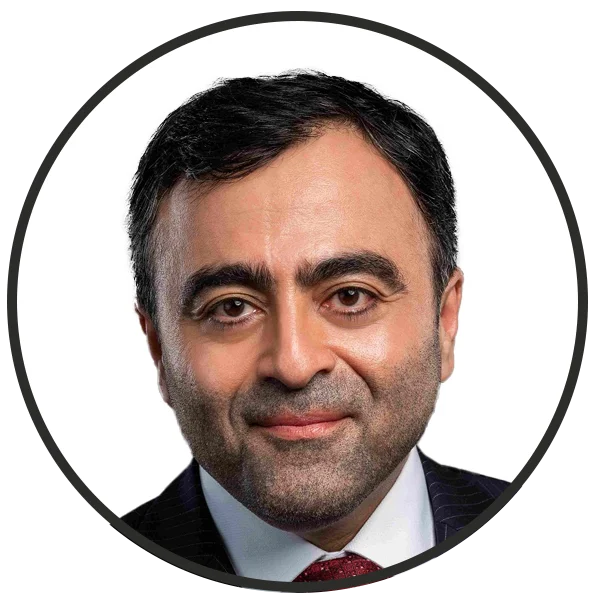
Salmaan Jaffery
Chief Business Development Officer at DIFCThe DIFC is currently home to more than 120 registered insurers, reinsurers, captives, MGAs, and insurance-related startups. While data protection laws mean that it is not possible to get an accurate picture of what proportion of Asian companies have chosen to set up in the Centre, a trawl through recent press coverage reveals strong appetite for venturing into the Middle East.
At the start of October, Mahindra Insurance Brokers became the latest Indian brokerage firm to announce the launch of new operations there.
“Our presence in Dubai will bolster the specific needs of clients looking for local presence and expertise, backed by global experience while adopting to market changes,” said Vedanarayanan Seshadri, Managing Director and Principal Officer of the broker.
Mahindra joins other (re)insurance-related companies that have also recently set up in the Centre, including Nuvama Wealth and Investment Limited, Bharat Re Global Ltd, El Dorado Capital Limited, Beacon Insurance Brokers and Fort Capital. Indian entities now account for 11% of the DIFC’s balance sheet, according to Jaffery.
At the start of December, China’s Taiping announced that it was opening an office in the DIFC. Sources say that other major insurers from China are also looking at the market. One source who works closely with the DIFC said that China Pacific Insurance Company and People’s Insurance Company of China may also announce something in the New Year.
SINOSURE was the first Chinese insurer to open a regional office within the DIFC back in 2021.
Following the money
Part of the attraction of DIFC for (re)insurers is the wealth that has been flowing into the market, with firms simply following their clients.
In a recent report, Henley & Partners, an investment consultancy, says the United Arab Emirates is poised to welcome 6,700 high-net-worth individuals (HNWIs) this year. The report expects that much of this inflow to come from China or India, with 15,200 HNWIs quitting China this year (compared to 13,800 in 2023), with 4,300 HNWIs leaving India (down from 5,100 in 2023).
The UAE’s projected intake is nearly twice that of its nearest rival, the US, which is projected to take 3,800 millionaires in 2024. Singapore, with projected net inflows of 3,500, comes third.
“Dubai’s growing status as one of the world’s most hyper-connected cities make it an ideal global base for family businesses seeking to tap high-growth markets,” says Jaffery. “This has encouraged many family-owned enterprises in India to set up offices within DIFC, to foster economic diversification, investments and streamline asset transfers.”
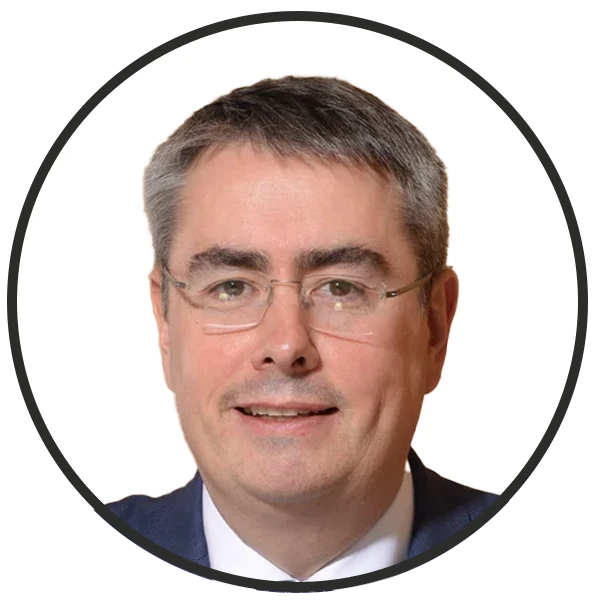
Cillin O’Flynn
General Partner at Noria CapitalAnother reason that reinsurers might be interested in getting a DIFC licence is to support the growing number of contracts that are being awarded to Chinese or Indian companies. According to MEED, which tracks projects across the region, Chinese firms are stepping up activity in the Middle East as part of efforts to spur profits abroad as Beijing’s domestic economy cools.
“When you look at it from that perspective, and you see the amount of business that is being done by Far Eastern countries in the Middle East, it makes sense that insurers have easy access to these clients – and that is what we are now seeing,” says Cillin O’Flynn, an experienced insurance practitioner in the Middle East who now works for Noria Capital, a venture capital fund for insurtechs.
Not so fast
While DIFC’s senior executive team might like to talk up Dubai as the place for carrying out (re)insurance business related to the Middle East and Africa, not everyone is convinced that there will be a wholesale shift of the (re)insurance ecosystem just because client activity is increasing in the region.
Cillin O’Flynn
General Partner at Noria Capital“A more natural value chain for the insurance would be to reinsure back to a Chinese reinsurer,” says O’Flynn. “All of these projects need to be insured, so the perception may be that Dubai is winning market share from other jurisdictions, but what we are seeing is a lot of this business is then reinsured back home.”
A senior insurance source in India expressed surprise that DIFC appears to be directly targeting (re)insurers in India.
“I can see that it might make sense for them to target asset managers or wealth management companies, but a lot of specialty insurance is reinsured into London at the moment or back into India,” says the source.
This year Indian regulators have been enacting a number of laws aimed at encouraging cross-border reinsurers to move onshore to do Indian business by setting up a branch in GIFT City, a special economic zone within the country.

Senior insurance source in India
Such scepticism is not deterring the DIFC from going on the offensive in its battle to attract more (re)insurers and brokers to its shores, especially from APAC.
“The advantage of DIFC and the Middle East is its strategic location, strong infrastructure, and access to many regional and international markets,” says Jaffery. “With its proximity to the surrounding GCC region, Africa, South Asia, and Europe, DIFC serves as a gateway for insurance companies looking to expand their operations beyond the region. Dubai’s time zone overlaps with significant business hubs in Asia, Africa, the European Union, Central Asia, and even Latin American countries, positioning the Emirate as the gateway bridging the East and the West. Reinsurance companies working here also benefit from access to networking opportunities within DIFC’s world-class ecosystem.”
Salmaan Jaffery
Chief Business Development Officer at DIFCHe adds that Dubai has been updating its infrastructure in order to encourage more financial institutions to set up shop within the Emirate.
“Dubai is witnessing rapid infrastructure development and technological growth that facilitates a culture of innovation. Aligned with this culture of innovation, DIFC introduced some of the world’s most innovative laws to bring further confidence and market certainty to both FinTech and digital asset classes. This includes the world’s first Digital Assets Law, which is further attracting new age businesses and start-ups to the Centre to reshape financial services,” says Jaffery.





